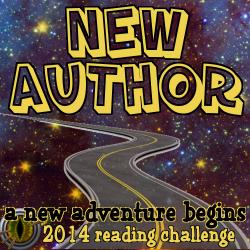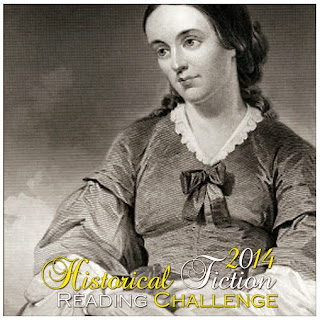Image may be NSFW.
Clik here to view.
Source: Gift (Published by Graywolf Press)
Hardcover, 128 pages
I am an Amazon Affiliate
Another World Instead: The Early Poems of William Stafford 1937-1947 edited and introduced by Fred Marchant, which was our June book club selection, is a collection of mostly never before published poems by William Stafford while he worked with the Civilian Public Service (CPS) after becoming a conscientious objector of WWII. While it is a collection of poems by a young poet working in camps on civil service projects who felt exiled within his own country for being a pacifist, these poems also represent a poet searching for his own voice and style. There are variations in tone, punctuation, and capitalization, as well as a wide use of the em dash.
The Prisoner (page 26)
Touched the walls on every side again—
Obsessed with prowling thoughts of free live men.
He heard when guards had slammed the outer gates,
How suddenly like wool the silence waits.
Resigned, he sat and thought of all the dead.
"I'll soon wake up from life," the prisoner said.
c. Magnolia, Arkansas
[1942]
While Stafford was a conscientious objector, life in the camps was not easy going — it was hard work, and many might even characterize it as a punishment for those who objected to doing their soldierly duty. While he seemed to know that he was a pacifist, he continued to struggle with what it meant to be a pacifist, and this struggle is evident in his poems. Another running theme through the poems is a deep sense of loneliness, a being apart from the whole of society, and wondering how he fits into not just his pacifist society at the camps, but in the greater society outside of those camps. In this internal struggle, Stafford writes about listening and observation and in many ways he takes these “passive” activities and makes them active inspection and cause for action.
From "Their voices were stilled..." (page 24)
Their voices were stilled across the land.
I sought them. I listened.
The only voices were war voices.
Where are the others? I asked, lonely
in the lush desert.
One voice told me secretly:
We do not speak now, lest we be misunderstood.
We cannot speak without awaking the dragon of anger
to more anger still.
That is why you are lonely.
You must learn stillness now.
I looked into his eyes, and they were a dragon's eyes,
and I could not speak,
And we were as grains of sand huddled under the wind,
Awaiting to be molded, waiting to persuade with yielding
the feet of the dragon.
Magnolia, Arkansas
May 1, 1942
Another World Instead: The Early Poems of William Stafford 1937-1947 edited and introduced by Fred Marchant explores the early writings of a national poetic icon, who stood behind his convictions even if it meant he was separated from society at large and required to work so hard it seemed like a punishment. Stafford’s “deep listening,” as Marchant says, requires active participation on his part, he evokes pacifism in a way that will leave readers re-examining their own convictions where war is concerned.
***Disclosure, Fred Marchant is my former poetry professor from my Alma Mater.***
What the Book Club Thought:
The book club seemed to enjoy the poems, though there were a few members who found the poems in the end section rather odd compared to the others. Once we got Skype going with the editor of the collected poems, several members were engaged in the conversation, poems were read aloud and discussed, and afterward, several said they would go back and re-read some of the poems now that they had more background on the poet and his experiences. Having Fred Marchant join us engaged more of the members in conversation and reading of poems, and the background information seemed to help put the poems in perspective. The poems were dated, so we could follow the historical time line, such as one poem written about the bombings of Nagasaki and Hiroshima. Members indicated they would be interested in another Skype session.
Image may be NSFW.
Clik here to view. About the Editor:
About the Editor:
Fred Marchant is an American poet, and Professor of English and Literature at Suffolk University. He is the director of both the Creative Writing program and The Poetry Center at Suffolk University. In 1970, he became one of the first officers of the US Marine Corps to be honorably discharged as a conscientious objectors in the Vietnam war.
Image may be NSFW.
Clik here to view. 38th book for 2014 New Author Challenge.
38th book for 2014 New Author Challenge.
Image may be NSFW.
Clik here to view. 21st book for 2014 Historical Fiction Reading Challenge.
21st book for 2014 Historical Fiction Reading Challenge.
Image may be NSFW.
Clik here to view. Book 19 for the Dive Into Poetry Reading Challenge 2014.
Book 19 for the Dive Into Poetry Reading Challenge 2014.
Image may be NSFW.
Clik here to view. 13th book (WWII) for the 2014 War Challenge With a Twist.
13th book (WWII) for the 2014 War Challenge With a Twist.